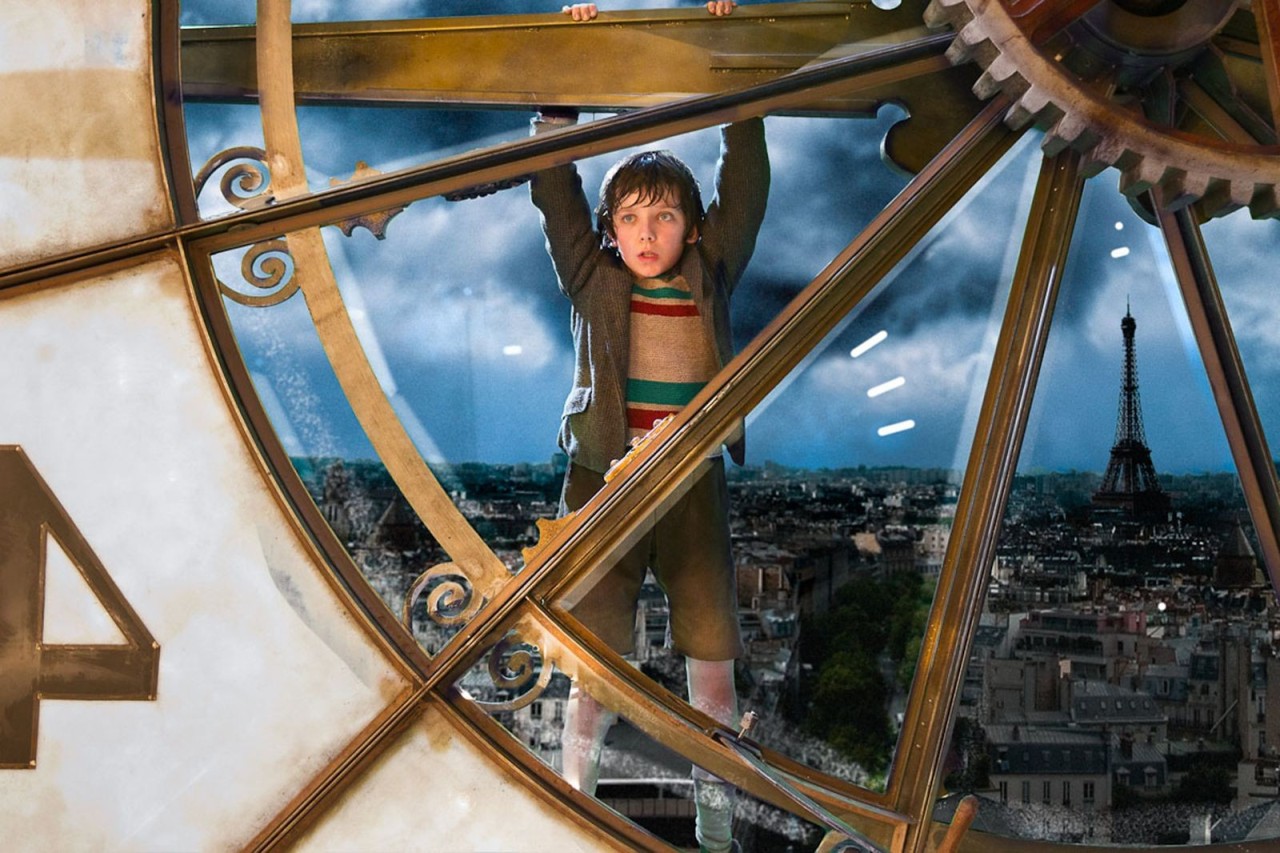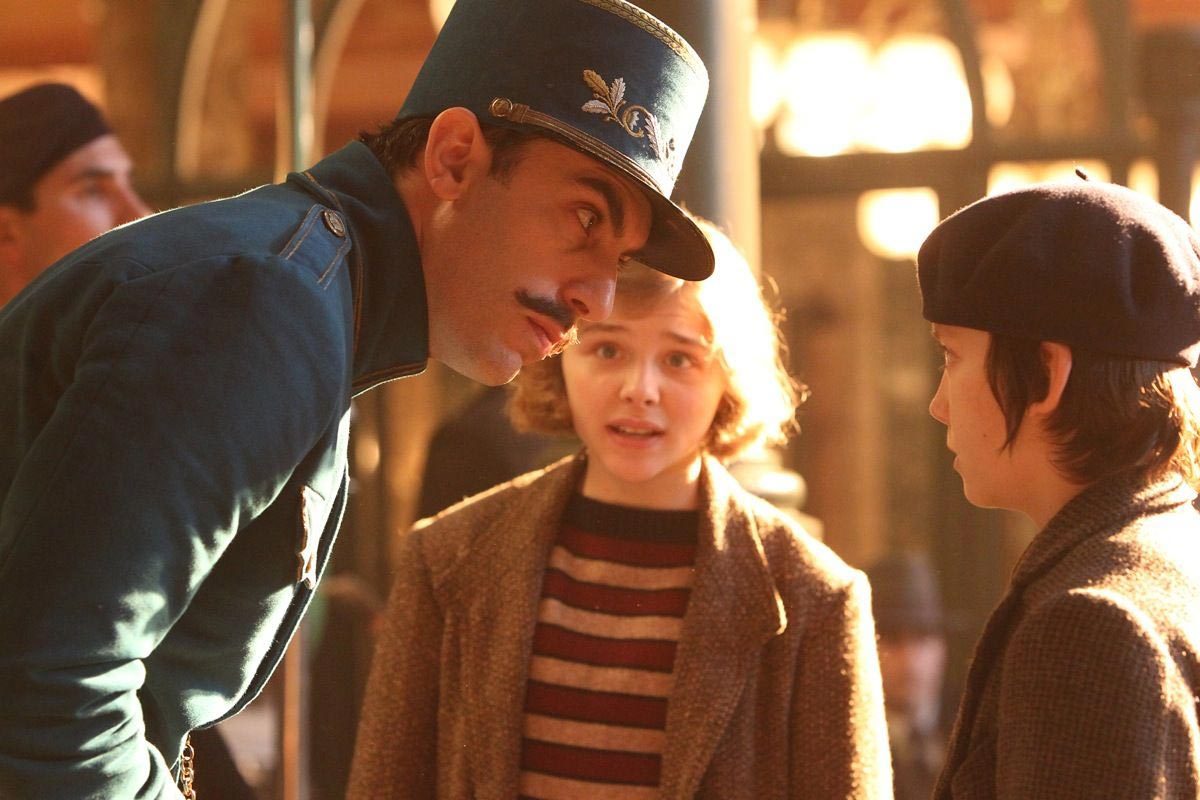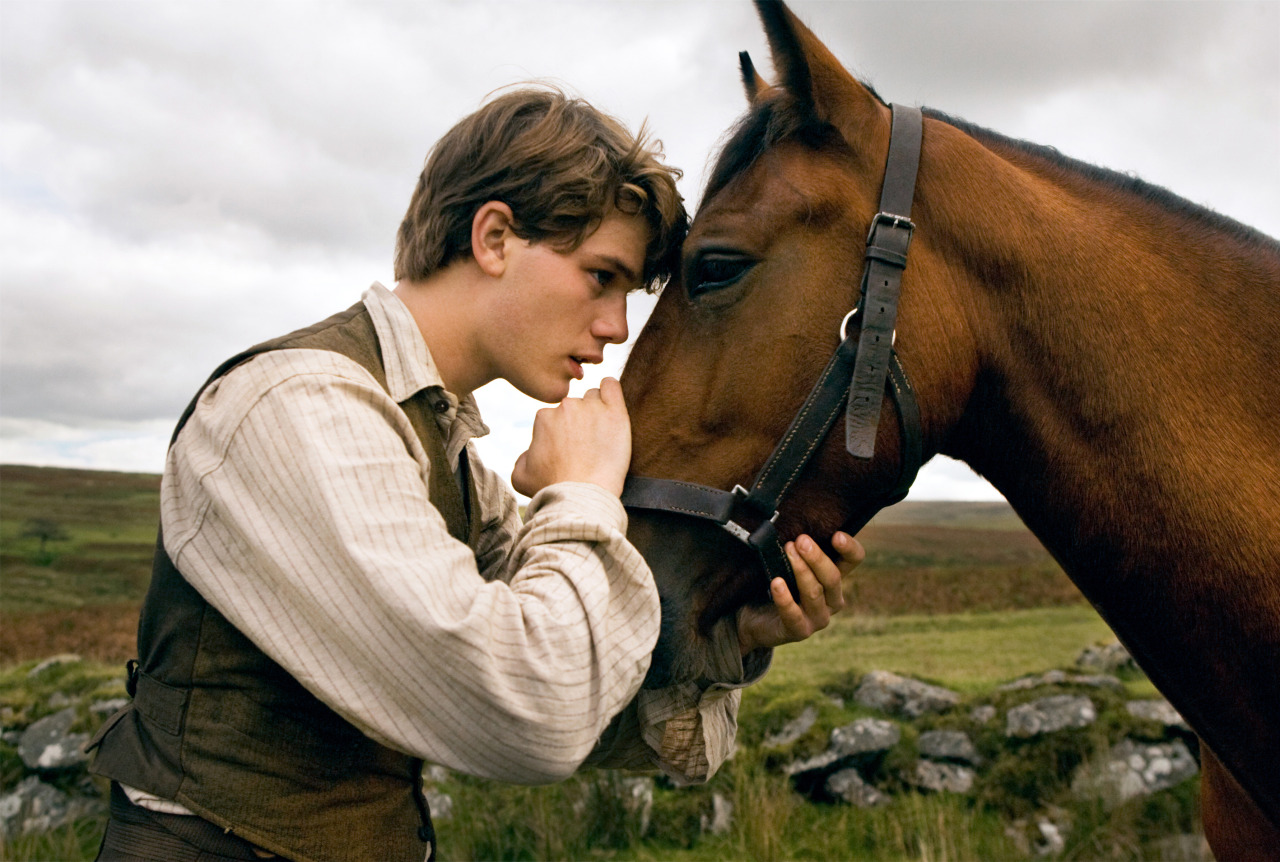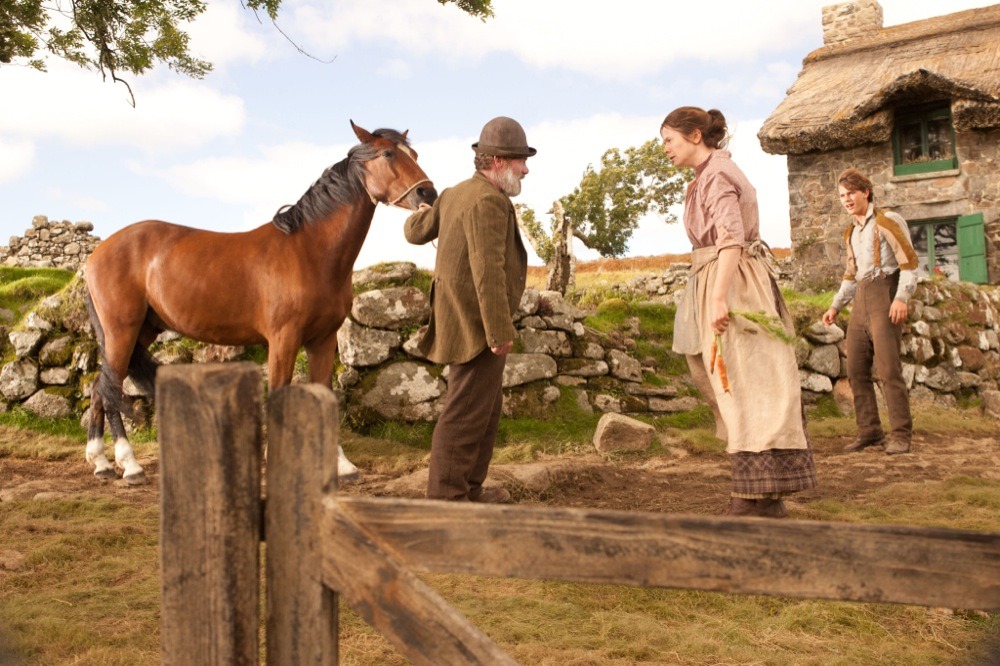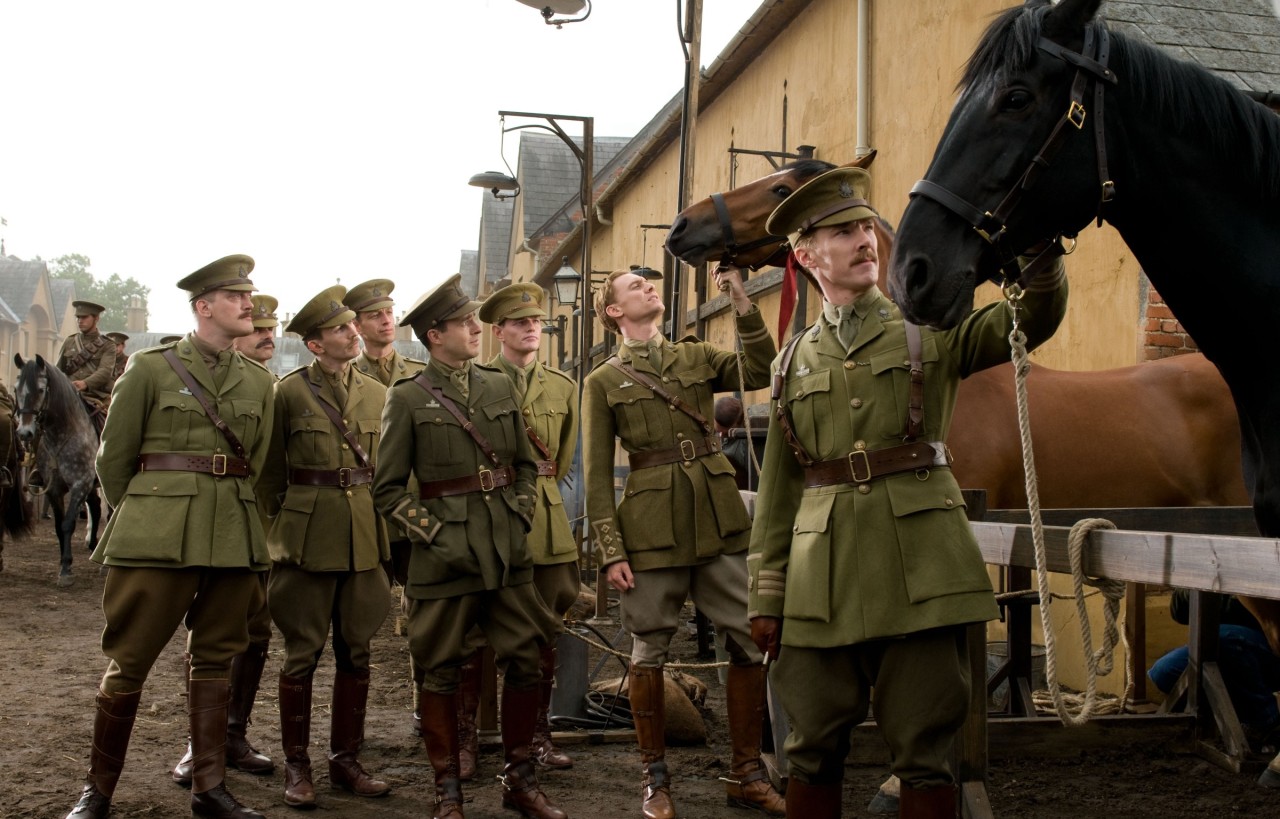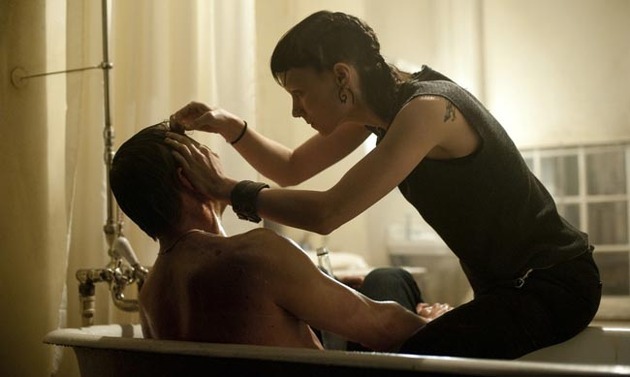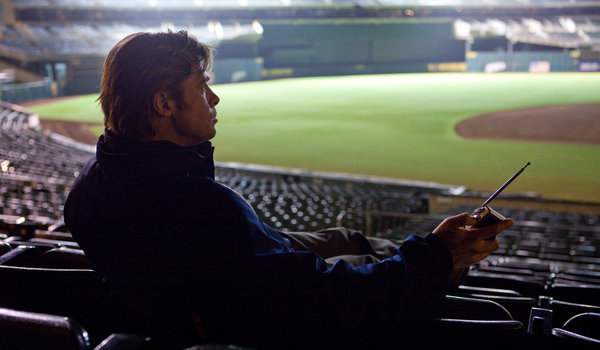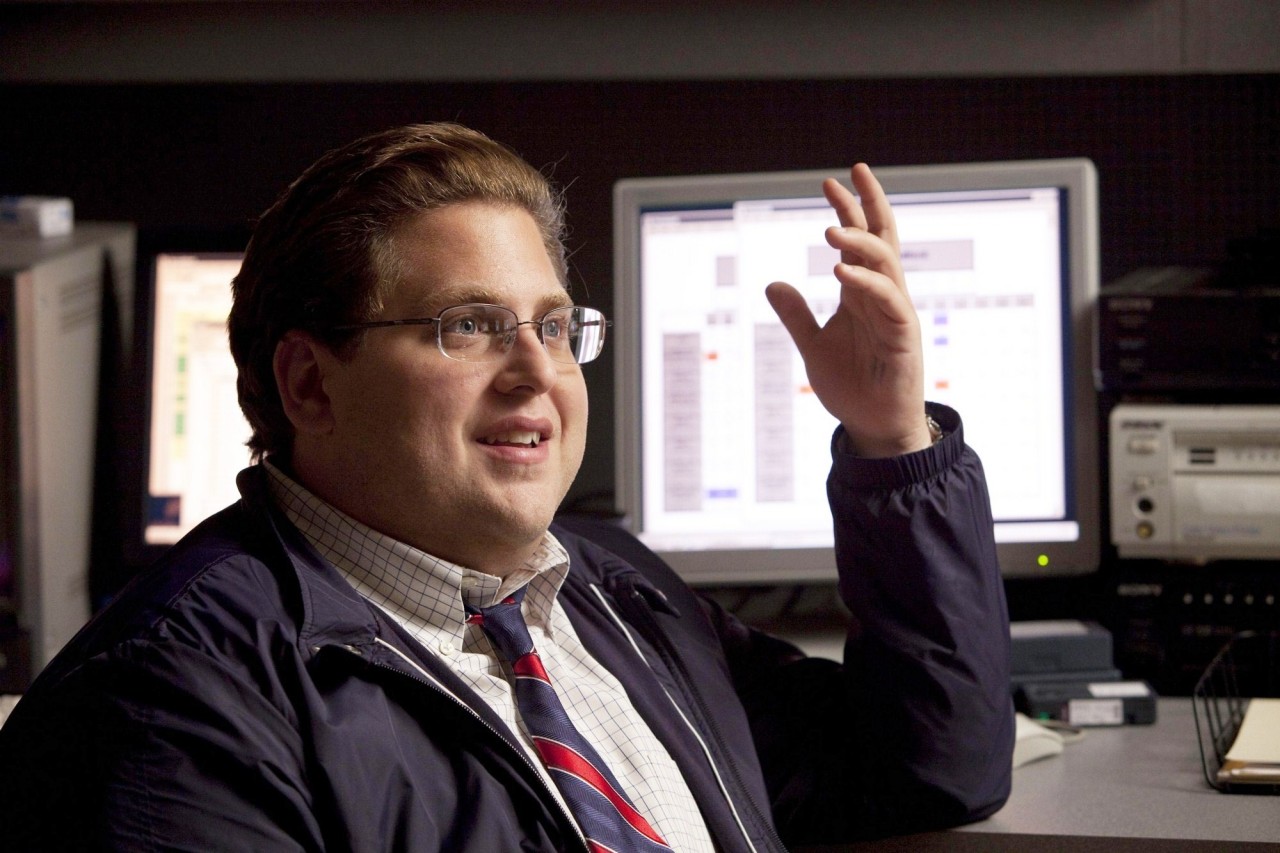Hugo (2011)
84th Academy Awards 2012
4/5 Stars
Nominated for 11 awards, of which it won 5.
Nominated for Best Picture (Graham King, Martin Scorsese), Costume Design (Sandy Powell), Directing (Martin Scorsese), Film Editing (Thelma Schoonmaker), Music-Original Score (Howard Shore), and Writing-Adapted Screenplay (John Logan).
Won Best Cinematography (Robert Richardson), Best Art Direction (Dante Ferretti, Francesca Lo Schiavo), Best Sound Editing (Philip Stockton, Eugene Gearty), Best Sound Mixing (Tom Fleischman, John Midgley), and Best Visual Effects (Rob Legato, Joss Williams, Ben Grossman, Alex Henning).
Watched January 4, 2013.
In a machine, there are no extra parts.
Hugo is a family movie, despite its length, that brings humor and reality to a world of magic. The plot seems to begin in one place, but before you know it you are headed in almost a completely different direction.
It is a film about Hugo Cabret (Asa Butterfield) who lives in a train station in France. He once lived with his father (Jude Law), a clockmaker who passes away in a museum fire. Hugo is then taken to the train station, where his Uncle Claude (Ray Winstone) takes care of the clocks. Once Hugo knows how to do his Uncle’s job, his Uncle disappears and he is left to somehow survive on his own. He steals food and maintains the clocks so that no one suspects his Uncle has gone. The Station Inspector (Sacha Baron Cohen), the almost childish comic relief, is notorious for catching boys and sending them to the orphanage, therefore Hugo must always watch his step.
Hugo is in possession of an automation that he and his father were repairing. While trying to pilfer supplies for the repair from the station’s toy merchant (Ben Kingsley), he is caught and his notebook with is father’s drawings of the automation is taken. This throws him into an adventure, one which he doesn’t really care for until the merchant’s goddaughter Isabelle (Cloë Grace Moretz) gets involved. She reintroduces him to books, he introduces her to movies, and together they seek out the notebook while fooling the Station Inspector left and right.
In a machine, there are no extra parts, and as Hugo Cabret sees it, if the world is a machine, then he must be there for a purpose, and so must Isabelle. They soon discover that maybe, for now, their purpose is to give a man back his life. Once Isabelle is introduced to the magic of movies, the plot turns and the two adventurers discover a secret about her Godfather.
The performances in this film are pretty standard. Many reviewers rave over Moretz but are a little wavy on Butterfield’s performance in comparison. On the contrary, I thought Moretz fell a bit short of her past appearances, but this is perhaps more because of the story and the intention of being a family movie. Her enthusiasm often felt a bit unreal, but then again, isn’t the magic of movies a bit unreal itself? Butterfield did an adequate job for a family movie, on the same level as Moretz. I loved the supporting cast and fell quite in love with Ben Kingsley’s on screen wife, Helen McCrory. Sacha Baron Cohen, also, was much different from what you might remember him as in his past roles, and I found that it fit him quite well. His story was a bit unnecessary to the rest of the plot, but again, it is a children’s film and therefore requires a little bit of unnecessary humor to maintain everyone’s attention for two hours.
The cinematography, art direction, sound, and visual effects were all absolute magic. Everything combined beautifully to create such a visual feast that even in 2D format it was incredible. I have heard that nothing can touch the original 3D format and it is said that although there is a lot of shoddy 3D work happening in the industry right now, Scorsese has the sense to respect the viewers and understand that if you are going to do something, you must do it right. He also brings his own passion for maintaining film history to the story and perhaps wishes to help the younger generation understand the magic of film so that they too can respect it and pursue it, whether in career or simply pastime.
Hugo might not be for everyone, but if you are looking for a family film with a bit more depth than usual, and an incredible visual display, I would definitely suggest you sit everyone down to enjoy this Scorsese masterpiece.
Sources: A Potpourri of Vestiges, Scarlett Cinema, IMDB, Rotten Tomatoes, Movies on Film, The Guardian, Films According to Chris Wyatt, Picturenose, The Best Picture Project, John Likes Movies
